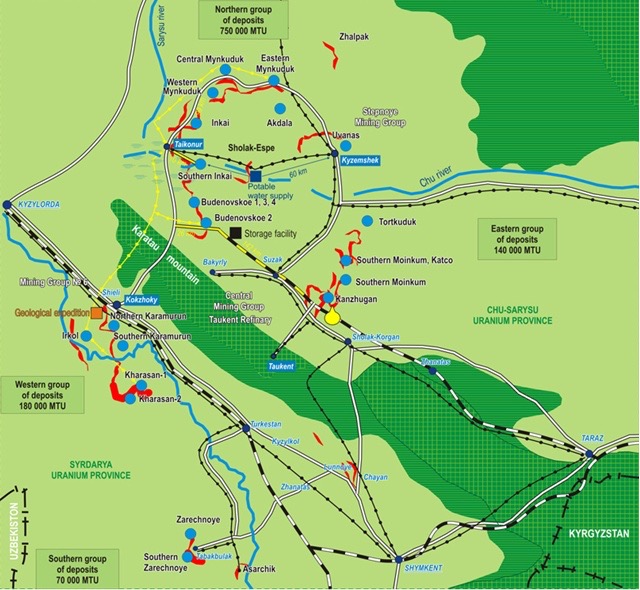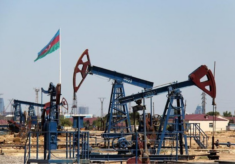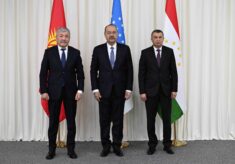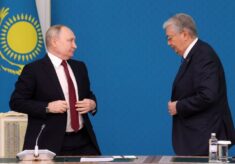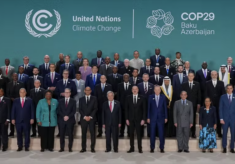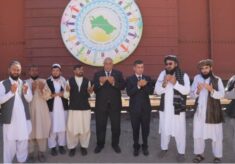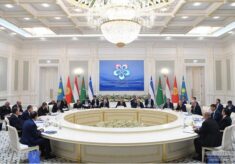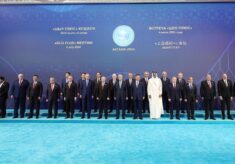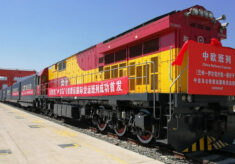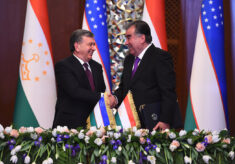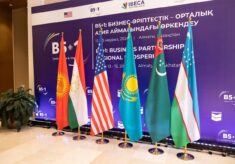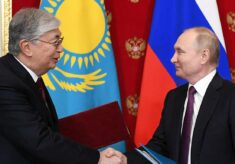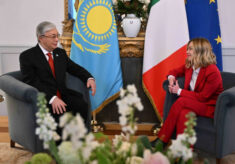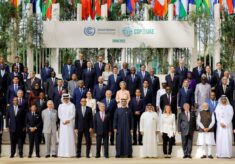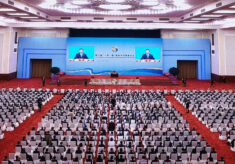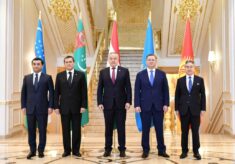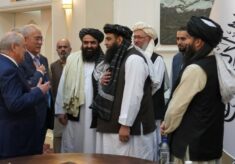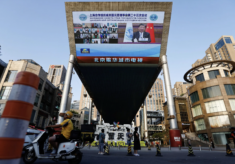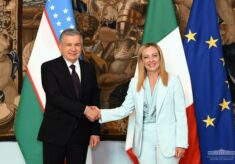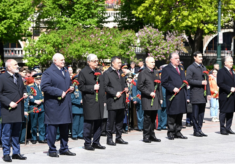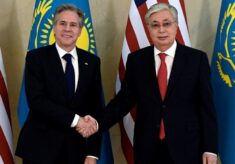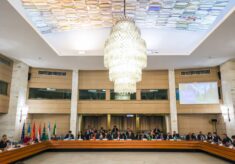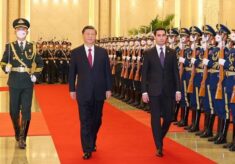Following the result of the referendum held on October 6, more than 70% of the voters expressed their support for the proposal to build a nuclear power plant in Kazakhstan. This decision apparently paves the way for a radical shift in the national energy strategy, traditionally based on hydrocarbons, even if includes a rising attention on the renewable energy production aimed at exploiting the existing huge solar and wind potential. According to the Kazakh authorities, also nuclear energy could contribute to achieve the purpose to reduce the reliance on fossil fuels and to produce “clean” electricity in order to make greener the national energy mix as well as to achieve the climate ambitious targets and to reduce greenhouse gas (GHG) emissions.
At present about 80% of electricity in Kazakhstan is produced by burning coal, and nearly 15% is generated from renewable energy (solar and wind) and hydropower (A. Nakispekova, Kazakhstan to allocate over $110 million investments in renewable energy in 2024, Astana Times, 26 February 2024).
According to the Strategy Kazakhstan-2050 and the Concept for the Transition of the Republic of Kazakhstan to Green Economy – respectively launched in 2012 and 2013 by the former Kazakh President Nursultan Nazarbayev – the country aims at diversifying its energy mix, achieving an ambitious target for the power sector, namely 50% share of alternative and renewable energy by 2050, including 1,5 GWe of nuclear capacity by 2030 and 2,0 GWe by 2050 (World Nuclear Association, Uranium and Nuclear Power in Kazakhstan, October 25, 2024). However, only in the last years President Tokayev has decided to concretely consider the realisation of a nuclear power plant: in addition to the referendum, the government announced an action plan that includes a 5% nuclear share of the national generation mix by 2025. The ambitious idea is to progressively phase out the polluting coal plants and to replace them with energy produced by a large nuclear reactor or small modular reactors.
